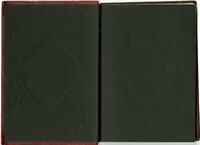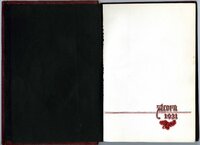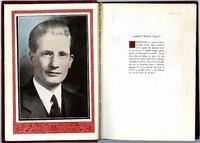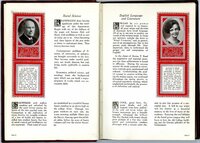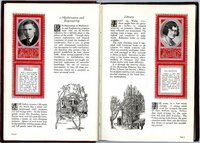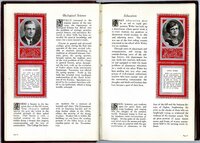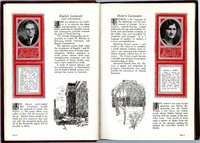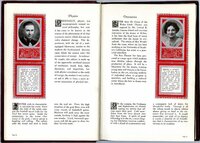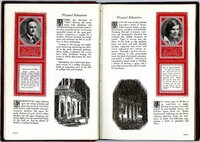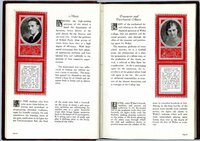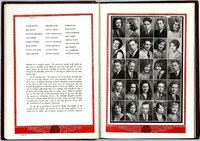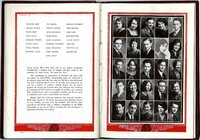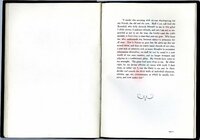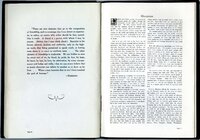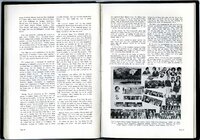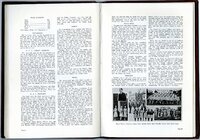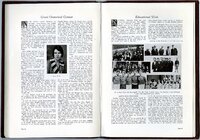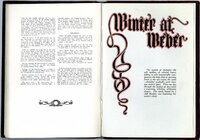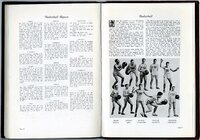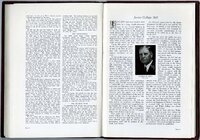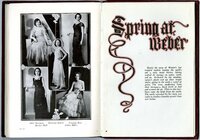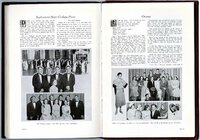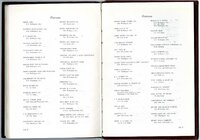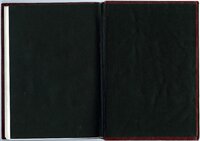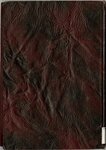| Title |
1931 The Acorn |
| Creator |
Weber College |
| Description |
A collection of yearbooks from Weber College which comprise the years 1924 to 1963. Included in the yearbook are photographs of students, class officers, faculty, athletics, and departments within the college. It also contains sections on the clubs, activities, organizations, and advertisements from local businesses. Publication ceased 1932-34; 1943-46. The 1950-53 editions are Spring Scribulus-Acorn publications. |
| Subject |
Student activities; Administration; Advertising; Athletics; Business; Humanities; Life sciences; Mathematics; Ogden (Utah); Physical education and training; Clubs; Social sciences; College student government; Technical education; Yearbooks |
| Digital Publisher |
Stewart Library, Weber State University, Ogden, Utah, USA |
| Date Original |
1931 |
| Date |
1931 |
| Date Digital |
2008 |
| Temporal Coverage |
1905; 1906; 1907; 1908; 1909; 1910; 1911; 1912; 1913; 1914; 1915; 1916; 1917; 1918; 1919; 1920; 1921; 1922; 1923; 1924; 1925; 1926; 1927; 1928; 1929; 1930; 1931; 1932; 1933; 1934; 1935; 1936; 1937; 1938; 1939; 1940; 1941; 1942; 1943; 1944; 1945; 1946; 1947; 1948; 1949; 1950; 1951; 1952; 1953; 1954; 1955; 1956; 1957; 1958; 1959; 1960; 1961; 1962; 1963; 1964; 1965; 1966; 1967; 1968; 1969; 1970; 1971; 1972; 1973; 1974; 1975; 1976; 1977; 1978; 1979; 1980; 1981; 1982 |
| Item Size |
9.25 x 12.25 inch |
| Medium |
yearbooks |
| Item Description |
Textured red hardback with acorn designs in the corners and center. There is an image of a covered wagon in the center surrounded by the words "Weber College Ogden Utah". The pages are numbered 1-159. |
| Spatial Coverage |
Weber County, Utah, United States, http://sws.geonames.org/5784440 |
| Type |
Text; Image/StillImage |
| Conversion Specifications |
TIFF images were scanned with an Epson Expression 100000XL scanner. JPG and PDF files were then created for general use. |
| Language |
eng |
| Rights |
Public Domain. Courtesy of University Archives, Stewart Library, Weber State University |
| Source |
LD 5893.W55 A25 1931 Weber State University Archives |
| Format |
application/pdf |
| ARK |
ark:/87278/s6q31dda |
| Setname |
wsu_year |
| ID |
106226 |
| Reference URL |
https://digital.weber.edu/ark:/87278/s6q31dda |


